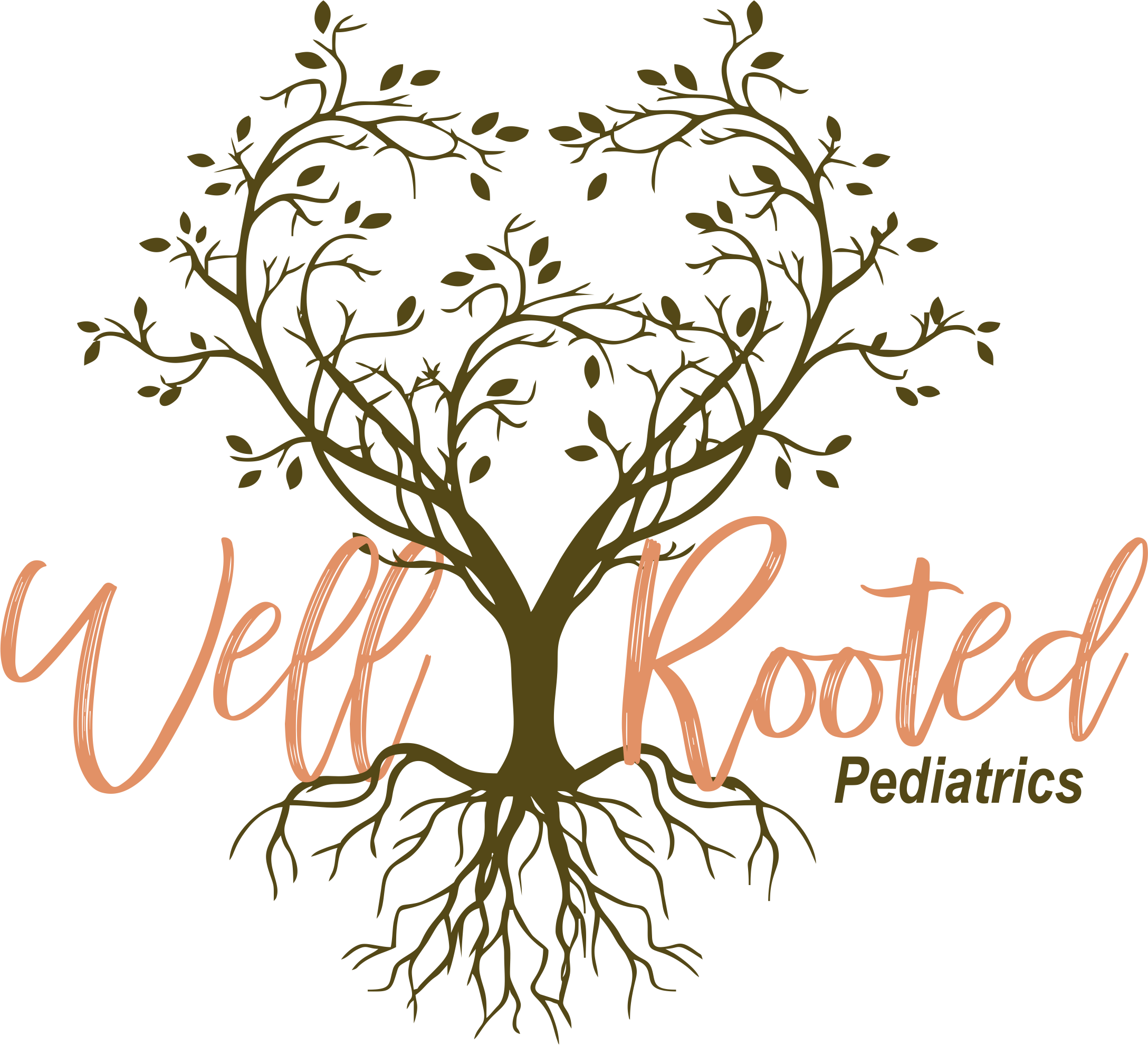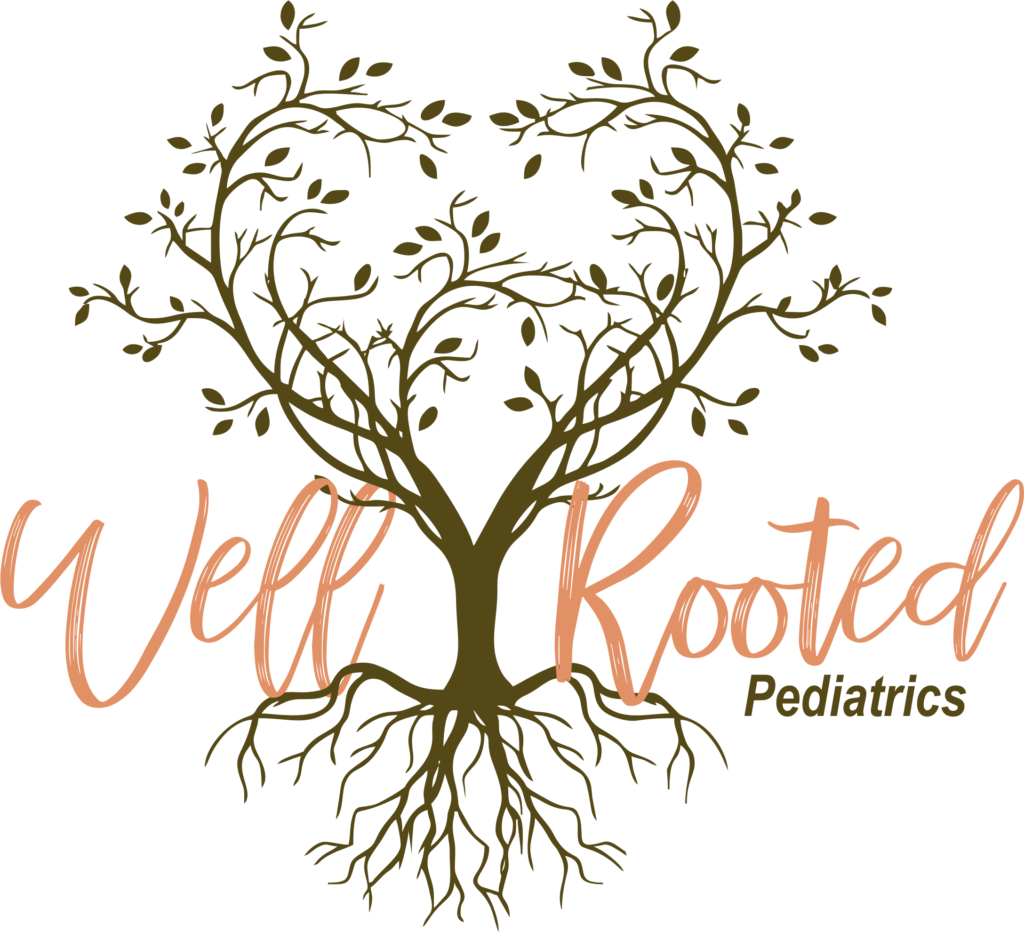Understanding Heavy Metals: How They Affect the Whole Family
Understanding Heavy Metals: How They Affect the Whole Family’s Health
We live in a world filled with invisible threats to our health, and heavy metals are one of the most pervasive. These naturally occurring elements are present in our environment, homes, food, and even medications. Over time, they can accumulate in our bodies and pose significant health risks to both children and adults.
In this post, we’ll explore what heavy metals are, how they get into our bodies, why they can be dangerous, and how you can protect your family from their toxic effects. Let’s dive in.
What Are Heavy Metals?
Heavy metals are naturally occurring elements with a relatively high atomic weight and density. While some heavy metals, like iron and zinc, are essential in small amounts for human health, others—such as lead, mercury, cadmium, and arsenic—are highly toxic.
Their widespread use in agriculture, manufacturing, medicine, and household products has led to their wide distribution in the environment. These metals have numerous routes of exposure, including:
– Ingestion: Through contaminated food and water.
– Inhalation: From air pollution, industrial emissions, or smoke from burning materials.
– Dermal absorption: When our skin comes into contact with contaminated water, soil, or household products.
Once inside the body, these metals can accumulate over time, leading to chronic toxicity. This gradual build-up of heavy metals is what makes them particularly dangerous.
How Heavy Metals Get into Our Bodies
While heavy metals can enter our bodies in various ways, here are the most common sources of exposure for families:
1. Contaminated Water
Lead and mercury contamination in water supplies is a well-known issue, especially in older homes with lead pipes. Drinking unfiltered water can expose your family to dangerous levels of heavy metals over time.
2. Food
Certain foods, such as fish, can contain high levels of mercury, especially if they come from polluted waters. Processed and non-organic foods may also contain heavy metals due to pesticides and soil contamination.
3. Household Products
Heavy metals are present in many household items, including cleaning products, cosmetics, and even toys. For example, lead can be found in some paints and jewelry, especially in older homes and products not regulated by modern safety standards.
4. Industrial Pollution
Living near factories or industrial areas increases the risk of exposure to airborne heavy metals like cadmium and chromium, which can be inhaled and accumulate in the body.
5. Air Pollution
The air we breathe can also be a source of heavy metal exposure, particularly from car exhaust, cigarette smoke, and industrial emissions. Inhaled heavy metals can enter the bloodstream, causing damage to organs over time.
Why Do Heavy Metals Accumulate in the Body?
Heavy metals can accumulate in the body because they are not easily excreted. Once they enter the body through inhalation, ingestion, or skin contact, they tend to bind to tissues like fat, bone, and vital organs. Over time, this build-up leads to toxicity.
Unlike short-term exposure, which can cause immediate and severe symptoms (acute toxicity), chronic exposure is much more subtle. The symptoms of chronic heavy metal toxicity may take years to appear, making it harder to diagnose. Unfortunately, by the time symptoms are noticeable, significant damage may already have occurred.
What Makes Heavy Metals Toxic?
The toxicity of heavy metals comes from their ability to interfere with normal cellular function. They can disrupt enzyme activity, damage cell membranes, and even alter DNA. This damage can lead to a variety of health issues, some of which are more severe in children due to their developing bodies.
For adults, chronic heavy metal exposure is linked to:
– Cardiovascular disease: Heavy metals like lead and mercury can damage blood vessels, increasing the risk of heart attacks and strokes.
– Digestive issues: Metals like arsenic and cadmium can disrupt gut function, leading to chronic digestive problems.
– Cognitive decline: Heavy metals can affect brain function, contributing to memory problems, mood disorders, and even neurodegenerative diseases like Alzheimer’s.
– Kidney and liver damage: These organs work to filter toxins from the body and are often overburdened by heavy metal exposure.
For children, the effects of heavy metal exposure can be even more severe:
– Developmental delays: Lead and mercury exposure in children has been linked to cognitive delays, reduced IQ, and learning disabilities.
– Behavioral disorders: Exposure to heavy metals can lead to ADHD, mood swings, and other behavioral issues.
– Respiratory problems: Heavy metal exposure can worsen conditions like asthma and contribute to other respiratory issues.
– Neurocognitive disorders: Children exposed to heavy metals are at greater risk of developing conditions like autism, depression, and anxiety.
Heavy Metal Toxicity in Children: Why Are They More Vulnerable?
Children are especially vulnerable to the toxic effects of heavy metals due to their smaller size, developing organs, and higher intake of food, water, and air relative to body weight. Additionally, their behaviors—like putting objects in their mouths or playing on the ground—can increase their risk of exposure.
Research shows that the consequences of heavy metal exposure in children can include mental retardation, neurocognitive disorders, behavioral disorders, respiratory problems, and even cancer. Since children’s bodies are still growing and developing, the toxic effects of heavy metals can be much more severe, potentially leading to lifelong health problems.
How to Reduce Heavy Metal Exposure for Your Family
The good news is that there are steps you can take to reduce your family’s exposure to heavy metals. While it’s impossible to completely eliminate exposure, you can significantly lower the risk by making informed choices.
1. Filter Your Water
Installing a high-quality water filter in your home can reduce exposure to harmful heavy metals like lead and mercury.
2. Choose Organic Foods
Opt for organic fruits, vegetables, and meats whenever possible. Organic farming practices avoid the use of harmful pesticides and herbicides, reducing the risk of heavy metal contamination in food.
3. Avoid Processed Foods
Processed and packaged foods may contain higher levels of heavy metals due to contamination during production. Choosing whole, unprocessed foods reduces your family’s exposure to these harmful substances.
4. Be Mindful of Household Products
Check the labels of your cleaning products, cosmetics, and toys for harmful ingredients. Look for non-toxic alternatives that are free from heavy metals like lead and mercury.
5. Limit Exposure to Industrial Areas
If you live near industrial areas, take extra precautions to avoid airborne contaminants. Keep windows closed on high-pollution days and use air purifiers to help reduce indoor pollution.
6. Support Detoxification
Supporting your body’s natural detoxification process through a healthy diet rich in antioxidants, regular exercise, and proper hydration can help your body eliminate toxins more effectively.
Chelation Therapy: A Solution for Heavy Metal Toxicity
For those who have been diagnosed with heavy metal toxicity, chelation therapy is a medical treatment that can help remove heavy metals from the body. Chelation involves the use of a chelating agent that binds to the heavy metals in the bloodstream, allowing them to be excreted through urine.
At Well-Rooted, we offer chelation therapy for individuals suffering from heavy metal toxicity. By targeting the root cause of toxicity, we can help your body eliminate harmful metals and restore health and balance.
Take Control of Your Health
Heavy metals are an invisible threat, but they don’t have to take a toll on your family’s health. By reducing exposure, supporting detoxification, and addressing heavy metal toxicity when it occurs, you can protect your family from the long-term effects of these dangerous substances.
If you suspect that you or your children may be suffering from heavy metal toxicity, reach out to us at Well-Rooted. We’re here to help you uncover the root cause of your symptoms and guide you on the path to better health.
Take control of your family’s health today! 🌿
OUR LOCATIONS
Crystal Lake, IL
390 Congress Parkway Suite J, Crystal Lake, IL
Oak Brook, IL
814 Commerce Drive Ste 150 Oak Brook, IL 60523
HOURS OF OPERATION
Crystal Lake, IL
| Monday | 9am to 5pm |
| Tuesday | 9am to 5pm |
| Wednesday | 9am to 5pm |
| Thursday | 9am to 5pm |
| Friday | 9am to 5pm |
| Saturday | 1st, 2nd & 3rd Saturday Of The Month |
Oak Brook, IL
| Monday | 9am to 5pm |
| Tuesday | 9am to 5pm |
| Wednesday | 9am to 5pm |
| Thursday | 9am to 5pm |
| Friday | 9am to 5pm |
| Saturday | Closed |
Crystal Lake Office
390 Congress Parkway Suite J
Crystal Lake, IL
Phone 815-322-9300
Fax 815-322-9315
Email [email protected]
Oak Brook Office
814 Commerce Drive Ste 150
Oak Brook, IL 60523
Phone 815-322-9300
Fax 815-322-9315
Email [email protected]
Office Hours
Monday: 9am to 5pm
Tuesday: 9am to 5pm
Wednesday: 9am to 5pm
Thursday: 9am to 5pm
Friday: 9am to 5pm
Saturday: Varies By Location

